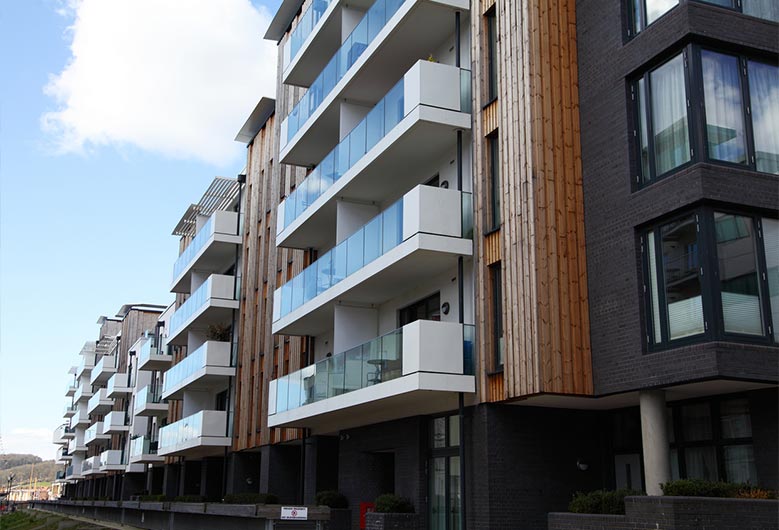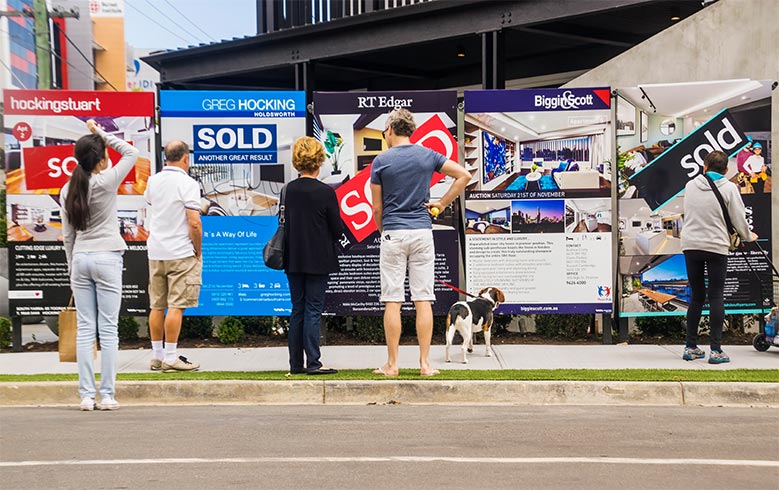3 mistakes to avoid when selling your investment property
There are a host of mistakes you can make when selling an investment property. Here are three important ones to avoid.
Selling at the wrong time
The property market is all about timing. If you sell at the wrong time, you could lose out. For example, you may sit on a property, believing that it's "time in the market" that counts and because you don't want to incur large transactions costs or have capital gains tax implications. Of course, real estate prices will grow over time due to inflation and other factors. But as an investor, you need to work your capital as efficiently as possible.
Current supply and demand, and the property market cycle, should play a big part in your choices. A good time to sell is when the market is hot - that's when there are more buyers than sellers and competition among buyers is fierce. This high demand usually drives up listing and final selling prices, and properties don't stay on the market long. Signs of a hot market also include high auction clearance rates and lots of media interest in the property market.
However, it's unwise to try to pick the top of the property market cycle. It is very difficult to tell when the market has peaked. And if you wait too long, you could lose out.
A bad time to sell is during a cold market - that's when there are more sellers than buyers, properties are slow to move and there's more pressure to accept a realistic price.
But by far the worst mistake you can make is to panic if the market is falling and sell your property at a loss. At that time, it may be best to wait until the market turns.

Not researching the property's worth
Pricing a property is not an exact science, but you could lose money by over-pricing it. Properties that are overpriced at the beginning often sell at a lower price than they would have if they'd been appropriately priced in the first place.
Pricing your investment property too high may limit the number of buyers you get through the doors and cause it to sit on the market for too long. When that happens, buyers start to wonder what's wrong with it.
Conversely, you don't want to set the price too low and not make as much profit as you should have. That's why it pays to do your research. You can do this by speaking to real estate agents in the area, looking online at what other similar homes in the neighbourhood recently sold for and visiting local open inspections to see what those homes are going for. You can also buy a report on recent sales in the area from various organisations or visit websites, such as www.onthehouse.com.au or www. openagent.com.au, for a free property report.
In addition to what's happening in the market, various factors unique to the actual property can affect its price. For example, where it is located and even what street it's on can play a part. Buyers will be influenced by how close your property is to major employment centres or local amenities such as public transport, good schools, parks, shops and restaurants. Being close to these could boost buyers' interest and thus create more competition for your investment property.
Another factor is your property's condition. Is it well maintained or in need of a little love and attention or even major renovations? Are the bathrooms and kitchen tired and outdated, or modern and recently redone? Buyers will factor the amount of work they need to do to the property into the price they are willing to pay.

Selecting the wrong agent in an area unfamiliar to you
There can be big differences between the real estate agents out there. Choosing the wrong agent can be one of the worst decisions you'll ever make, especially if you are not too familiar with the area where your investment property is based. Not only can it lead to a lower selling price and delays, but also lots of unnecessary stress.
The wrong agent might give you bad pricing advice, not market your home effectively and waste time with buyers who aren't serious. Even worse, he or she may want to close the sale quickly without fighting for the best price for you.
Yet, amazingly, almost half of sellers appoint the first agent they meet. Instead, some experts recommend that you should interview at least three agents before making a choice.
Don't be dazzled by an agent's great listing presentation or tempted by an agent that suggests the highest price for your property. Ensure the agent has a good understanding of current market conditions in the area, a database of potential buyers already looking at the area, solid marketing and sales skills and experience as well as the ability to negotiate and close a sale to your best advantage.
Don't be afraid to ask lots of questions on everything from how many listings the agent has to how he or she will market your property or communicate with you. Ask for references and speak to other sellers who have used the agent. And trust your gut. If the relationship doesn't start out feeling right at the start, it's probably not going to get any better.

